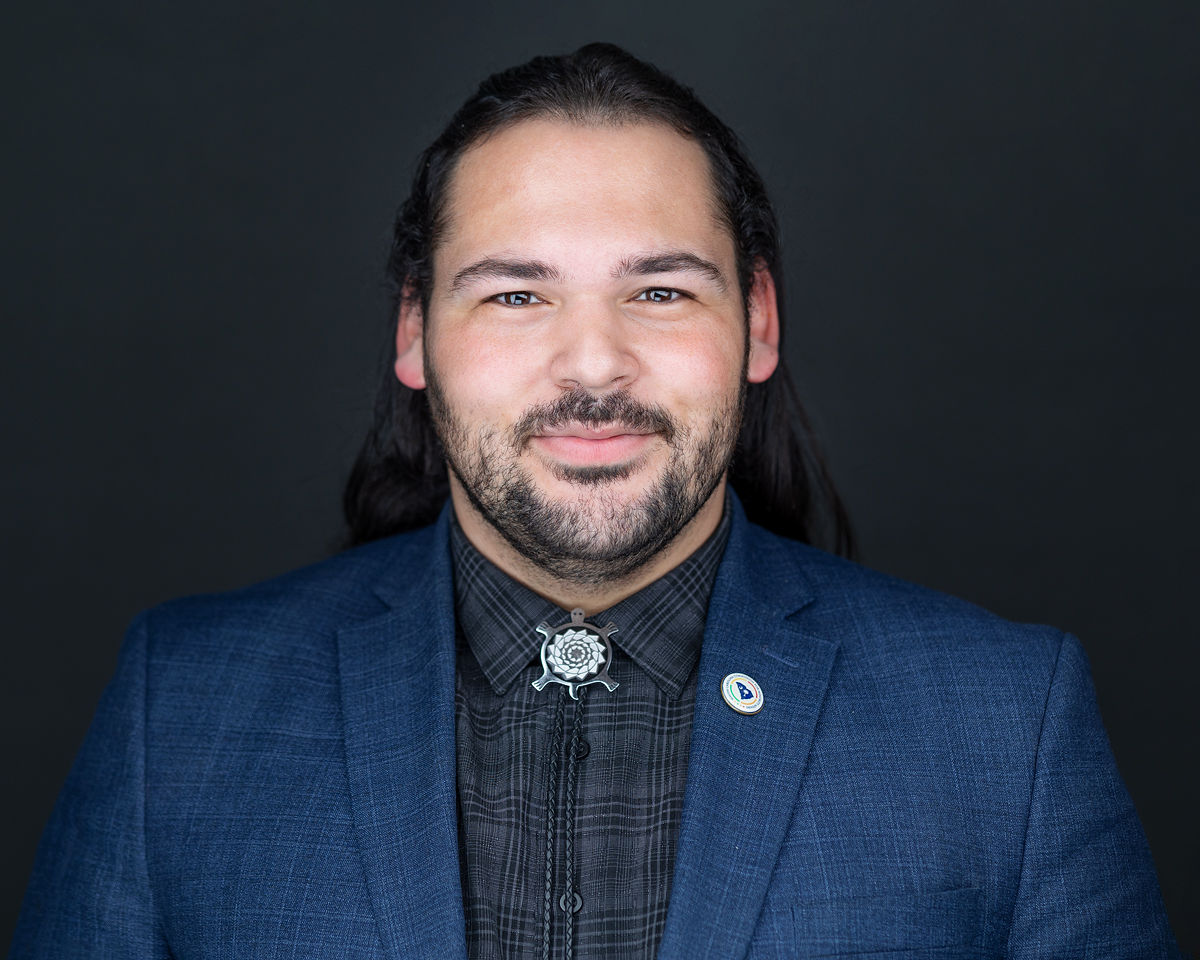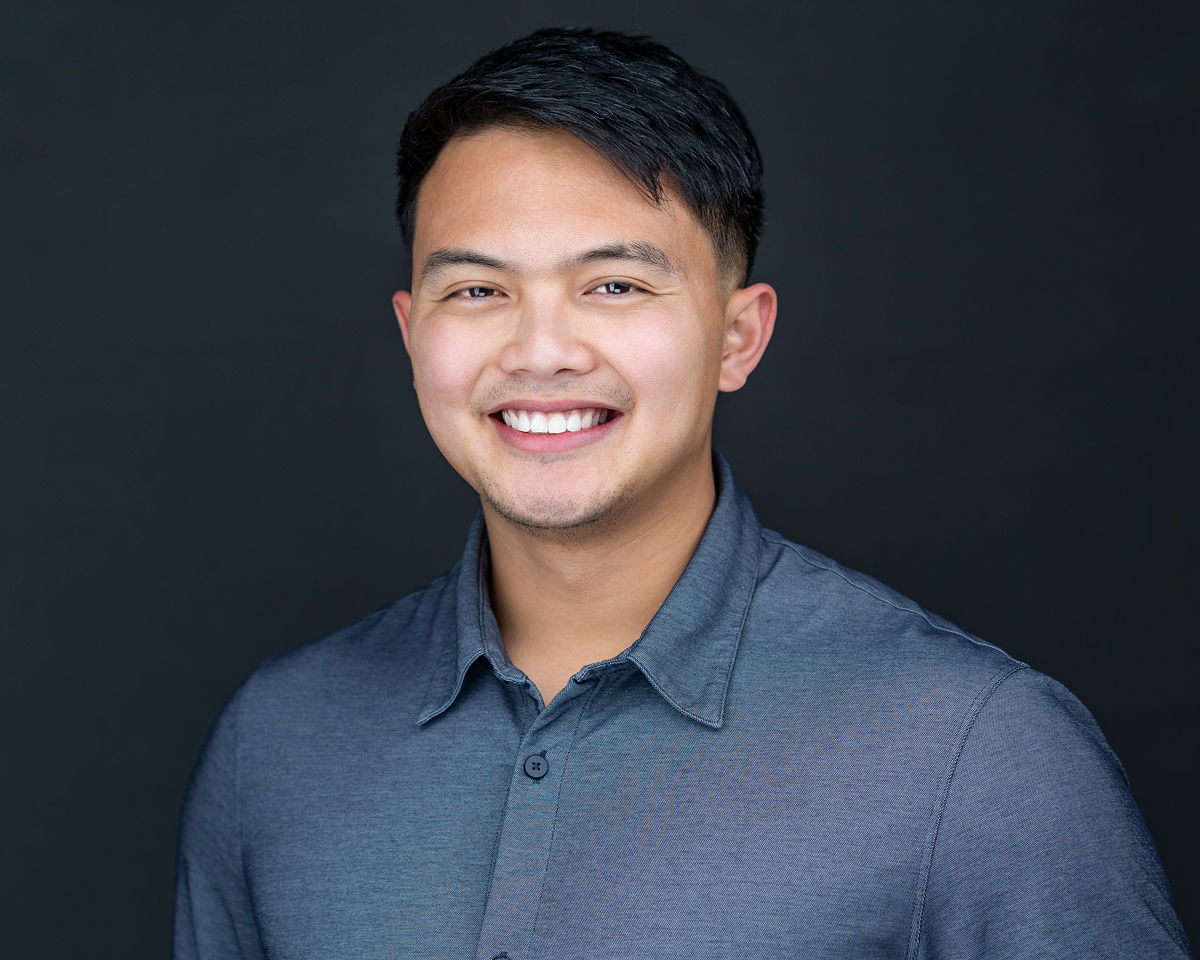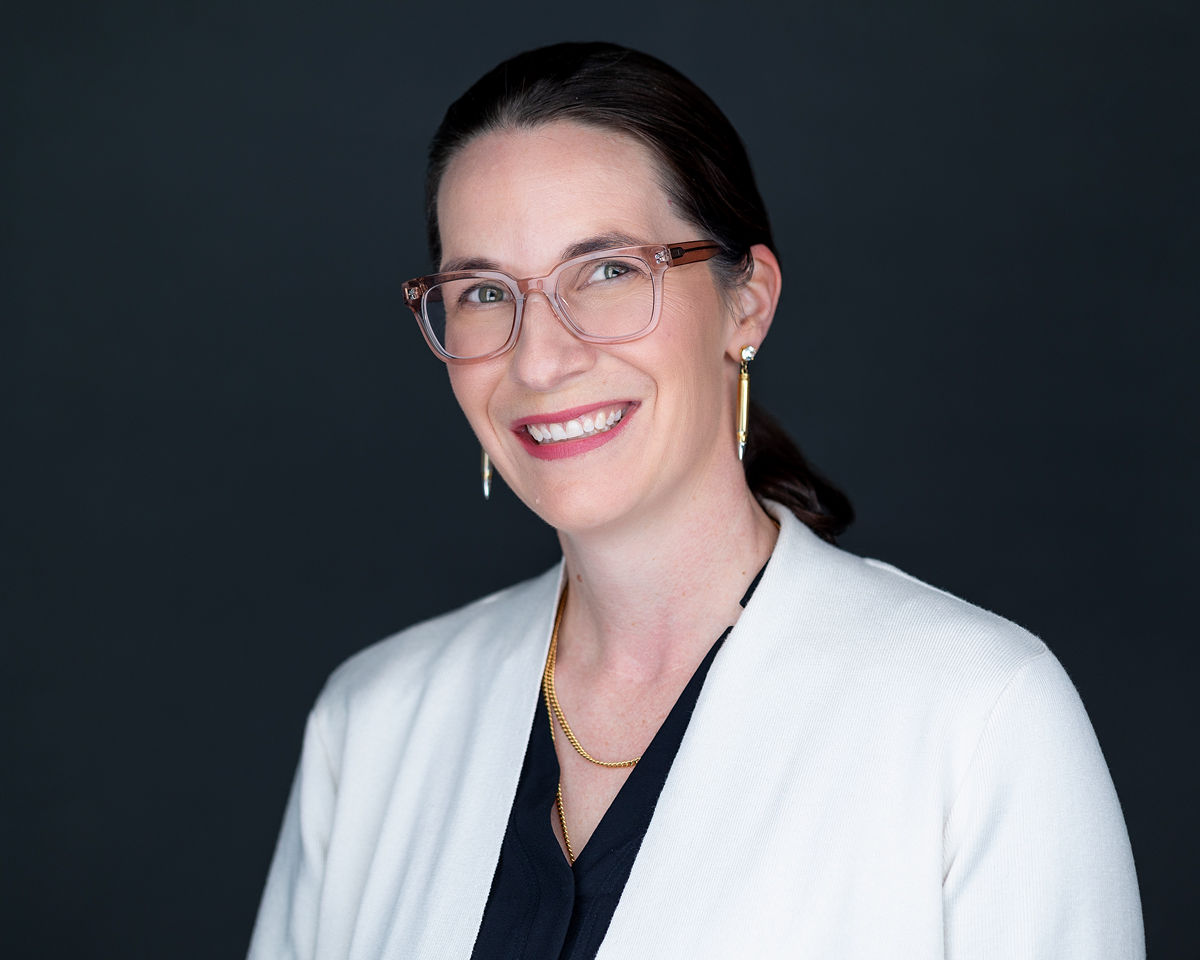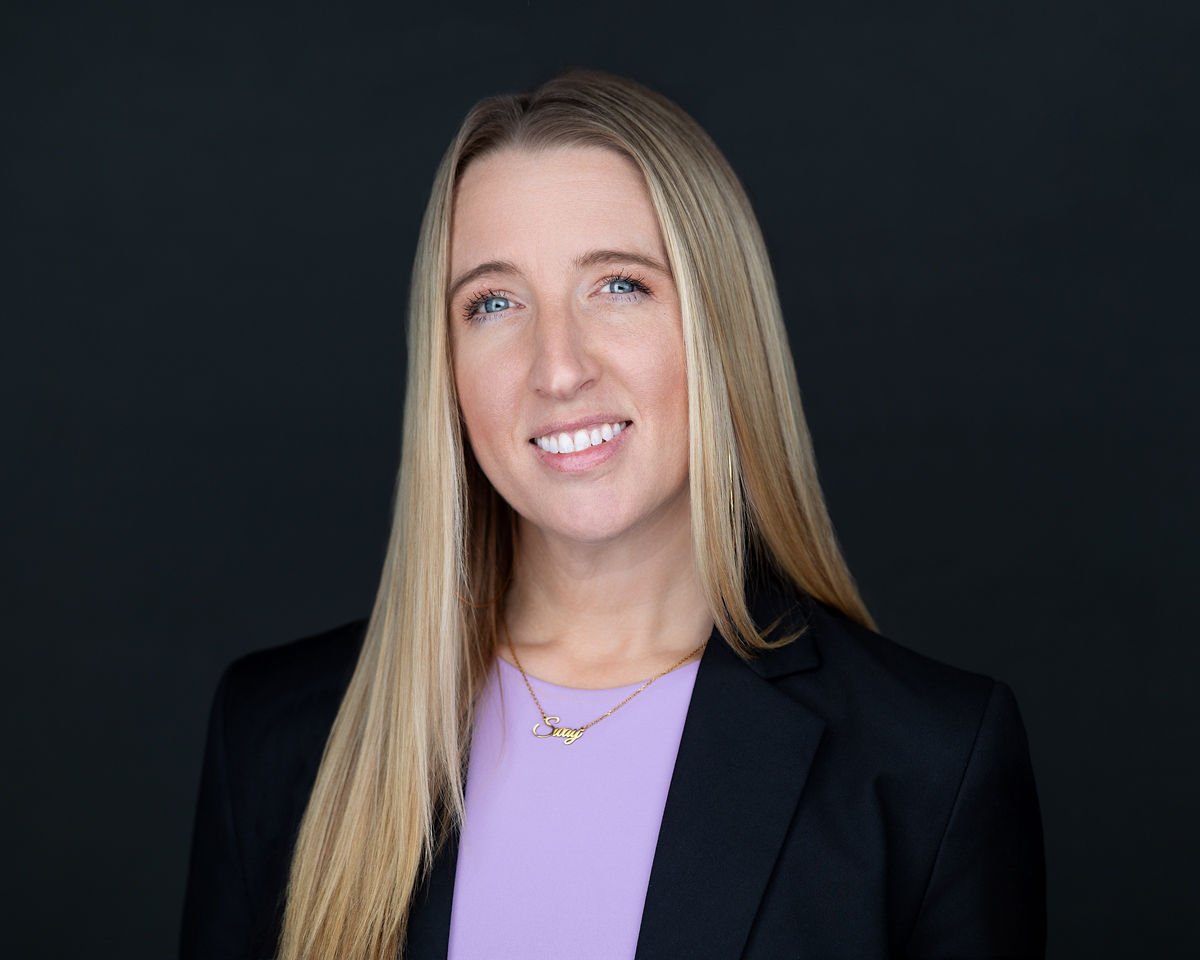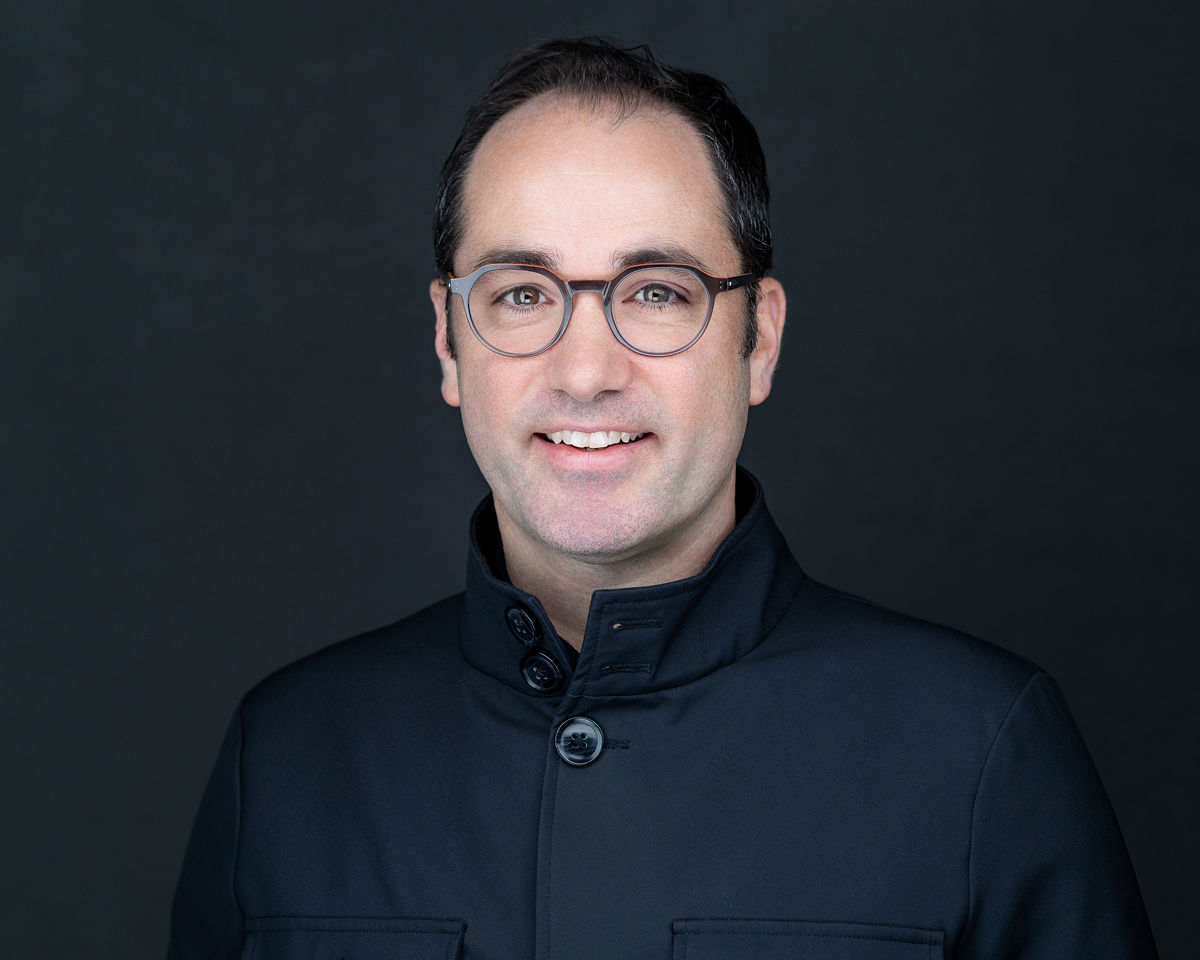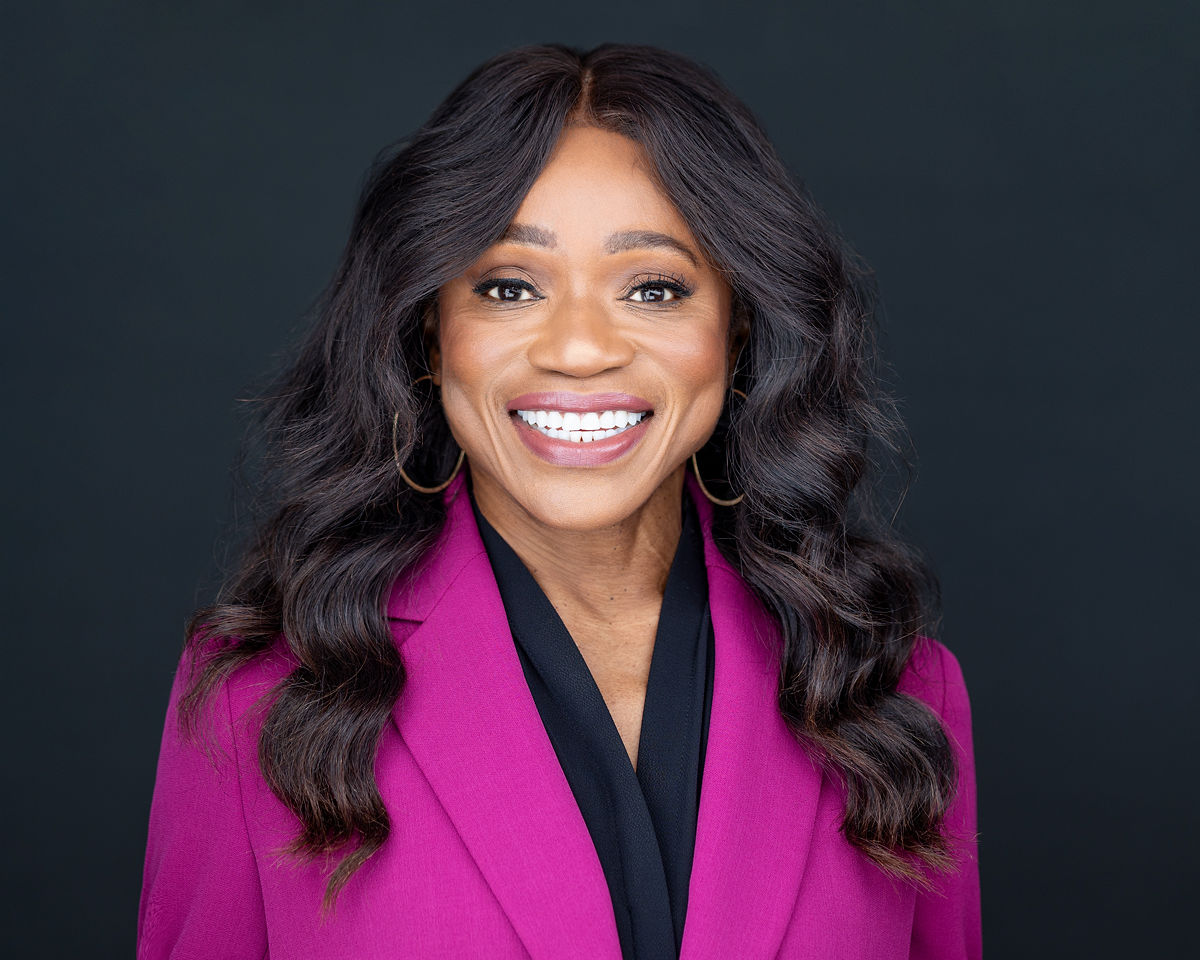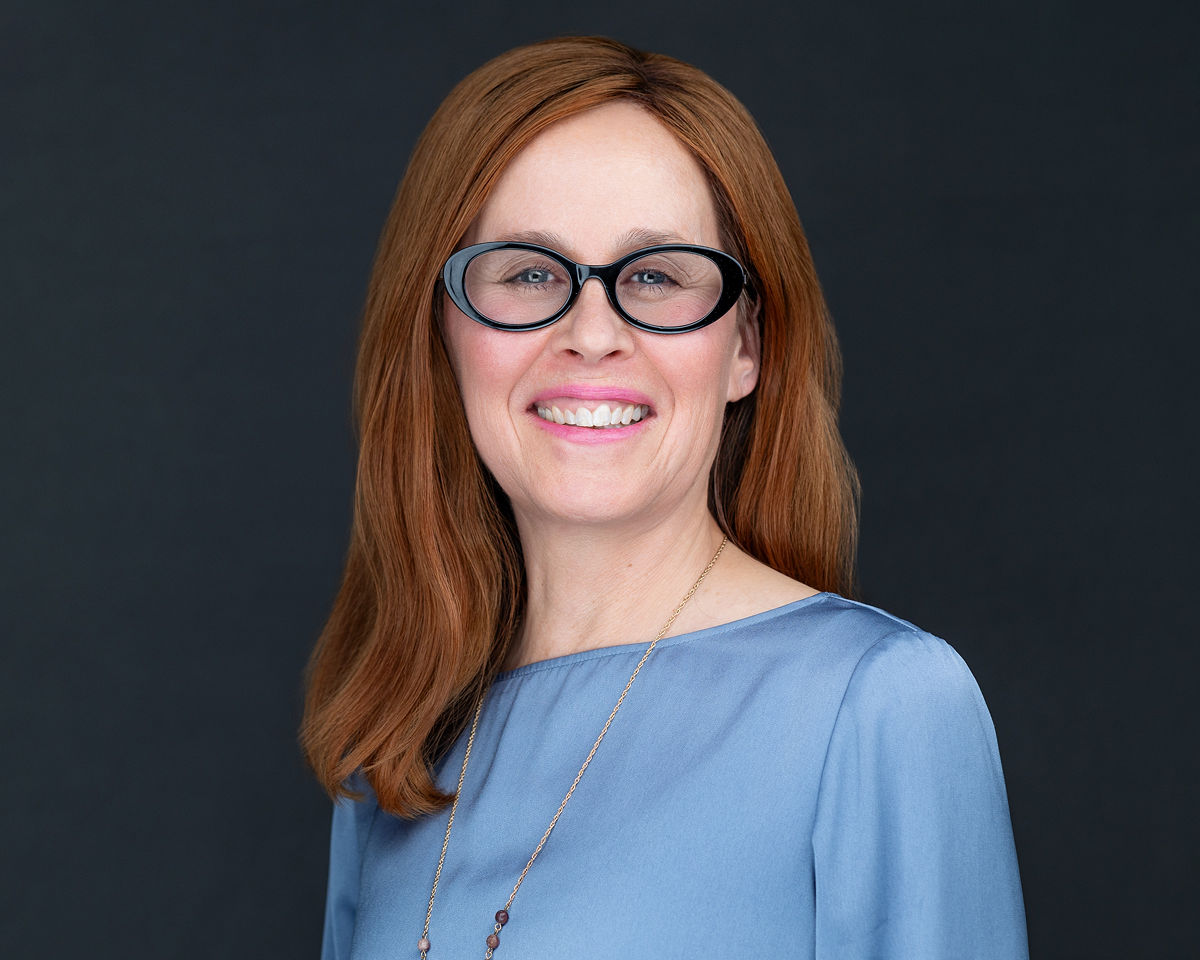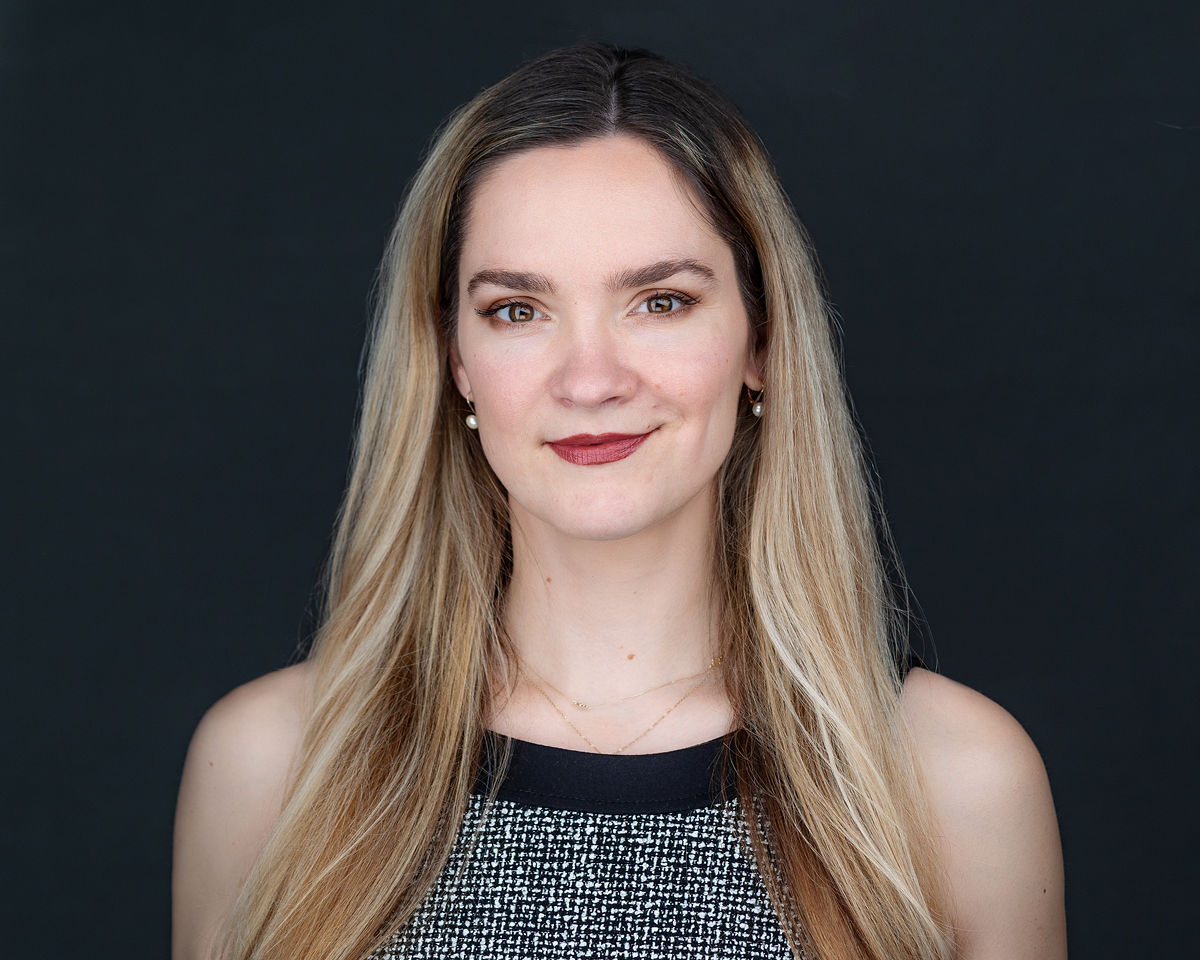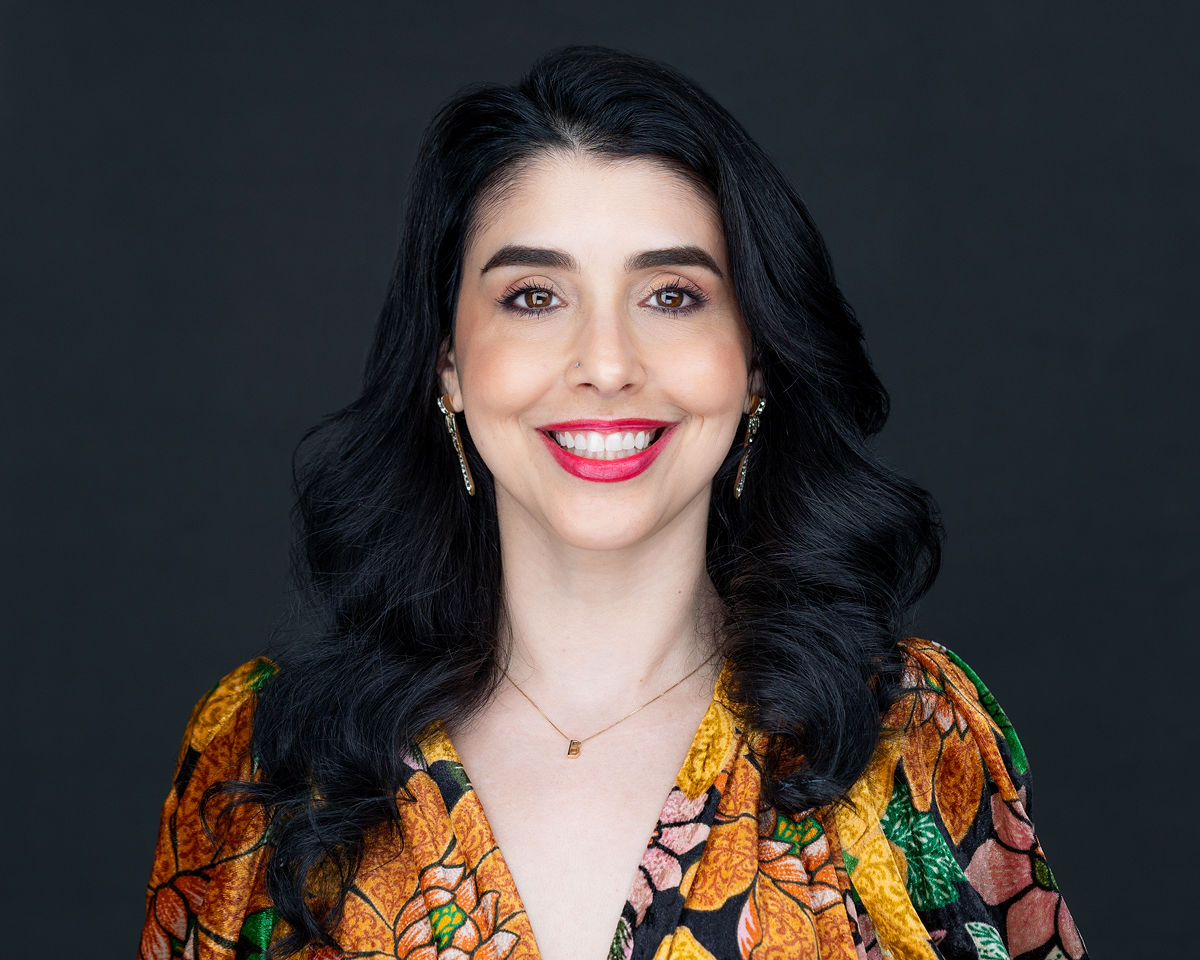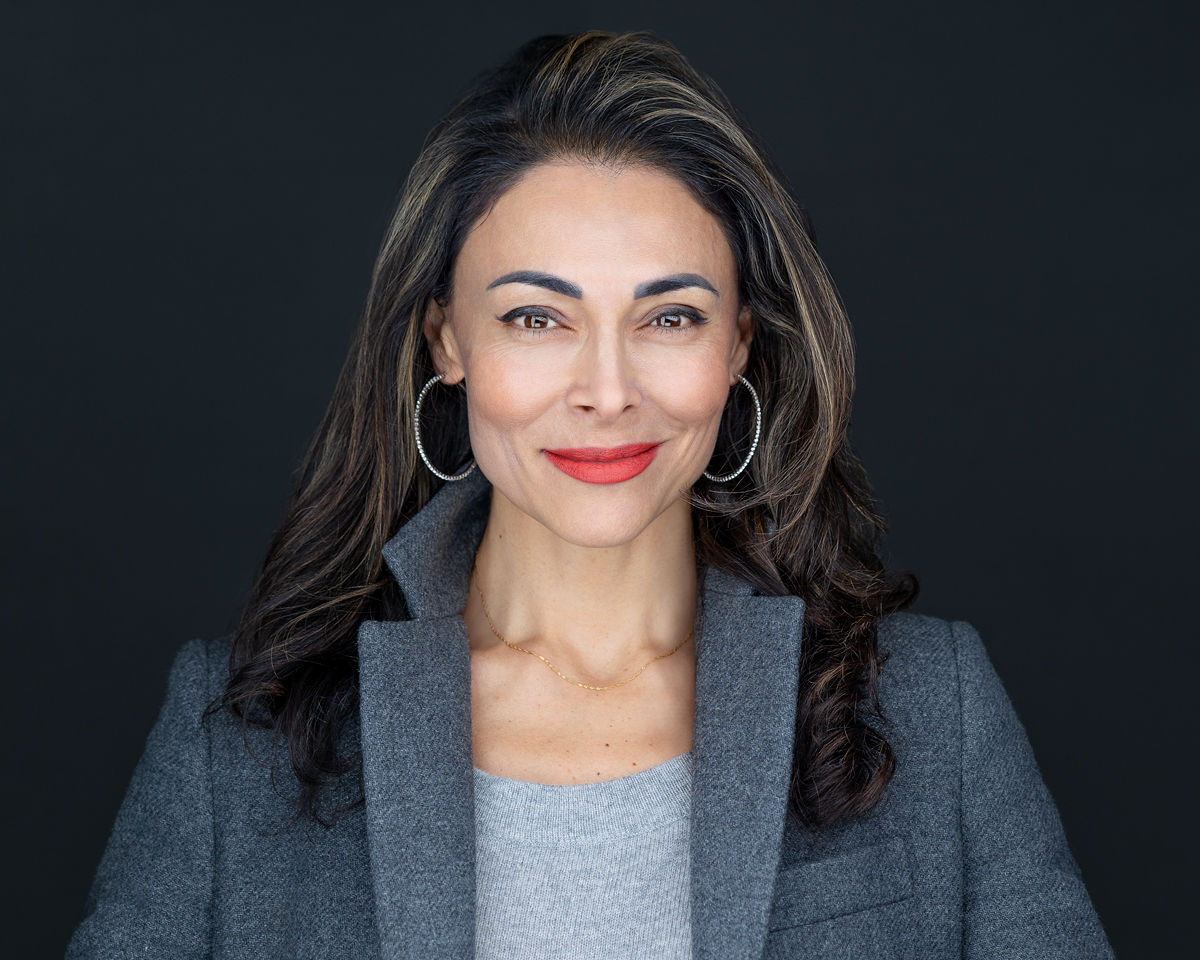Joshua Shumak
South Carolina’s Native American tribes, including the Wassamasaw of Charleston, have contributed substantially to the state’s rich history. But few are aware of their existence, much less their continuing struggle to maintain their traditions, language and identity, Shumak says. He aims to inspire us all to acknowledge and support the tribes’ critical role in shaping the state’s current and future identity.
Dr Samuel (Kaipo) Sotelo
To understand the secret of life is the secret to understanding how to keep moving. As a physical therapist it Kaipo’s life’s mission to teach ways for people to move better and move more for the life they deserve. A native of Guam, the passing of his mother at only 45 years of age has prompted Kaipo to dedicate his career to helping people understand the importance of movement and the effect it has on your quality of life. He is adamant about educating us all on the importance of movement. Working with all walks of people (see what we did there?) from regular folks to athletes has demonstrated the benefits and rewards of movement in our lives.
Ashley Glinka
Safety isn’t just about locks and alarms—it’s about awareness, instinct, and intelligent decision-making in everyday life. As a former Federal Air Marshal and security expert, Ashley Glinka will share how situational intelligence can help people navigate not only travel but also daily interactions, workplaces, and public spaces. By learning to read the room, identify exits, recognize subtle behavioral cues, and trust their instincts, individuals can proactively enhance their personal safety. Glinka’s approach isn’t about fear—it’s about empowerment, confidence, and making informed choices no matter where life takes you.
Brenna Lawrence
A study conducted across our state by the National Network to End Domestic Violence showed that 365 victims were reported in a 24-hour period. Brenna Lawrence, a domestic abuse survivor turned empowerment coach challenges us to shift the blame off victims and onto abusers, empowering both survivors and allies. Her talk will spark a vital conversation about how we can all help survivors drop the shame, reclaim dignity, and start the healing process.
Dr Joseph (Joe) Scalea
Patients with organ failure face death without transplant surgery. Of course they want to keep living, but why? Dr. Scalea has performed more than 1,000 transplants and has been asking patients that very question. He’ll share unexpected learnings, share some of their surprising stories, and explain how patients given one more shot at life can teach us all how to find our own … reason to live.
Carolyn Murray
Reporting the news is key to Carolyn Murray’s life in which she reaches a large South Carolina audience anchoring the news on WCBD-TV every weeknight. Included in that journey is her battle with life-threatening diseases of neurofibromastosis and neurosarcacoidosis starting in 2020. Carolyn’s calling to be a meaningful journalist started 1989 when she walked into a TV station with the desire to be just that. Her journey is not just one of the ambition and desire to do what you love, but the resilience to come back from life-threatening and life-altering adversity and most importantly: to keep going.
Dr Melinda Edwards
What if autism isn’t a disorder to be fixed, but an expression of profound openness and sensitivity? Dr. Melinda Edwards challenges the common belief that autistic individuals are disconnected, revealing how traits like sensory sensitivity, lack of eye contact, and ‘meltdowns’ often reflect a deep connection rather than detachment. As a mother of an autistic child and a physician providing psychiatric care to underserved patients, Dr. Edwards invites us to see autism in a new light—one that teaches us to let go of psychological defenses and embrace our natural state of openness, authenticity, and interconnection.
Dr Yulia Gavrilova
About half of all people hospitalized for burn injuries are at risk for developing depression and/or PTSD. Dr. Gavrilova maintains that specialized mental health care screening and treatment are essential for all burn patients. By addressing the emotional scars of burn injuries along with the physical ones, she says, more patients can move beyond their trauma and live meaningful lives.
Marisa Zeppieri
As a journalist, Marisa wants to share a journey of invisible illnesses – chronic diseases that you may not see but are very real, and how that affects that sufferer’s treatment by others. There are those among us who appear healthy, but are not. Working towards developing more empathy and understanding is the goal of this young woman who has Lupus – a terrifying and debilitating disease that is often not readily detectable. Having a deeper understanding of the complexities of invisible illnesses and learning and embracing the power of empathy is the goal here to create a more inclusive society and a better understanding.
Sol Rashidi
The real threat of AI isn’t job loss—it’s intellectual atrophy. Sol Rashidi warns against over-relying on technology at the expense of human critical thinking and creativity. Drawing on her groundbreaking work with IBM Watson and leadership at companies like Estee Lauder and Sony Music, Sol will challenge you to rethink your relationship with technology, while embracing habits that foster cognitive resilience and amplify your potential.

